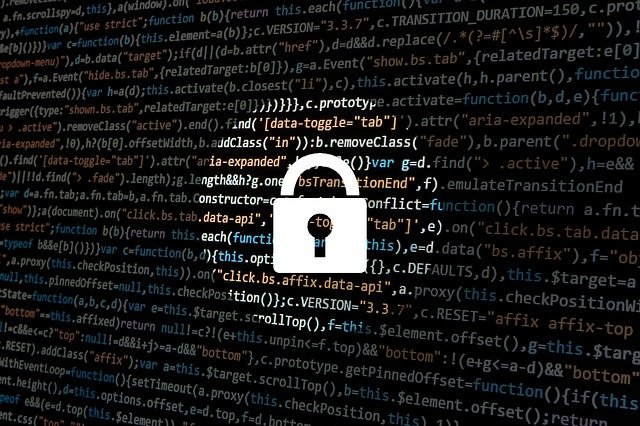As you spend more time online paying bills, purchasing items, and reading one email after another, you are likely placing much more of your personal information online at various sites. This can include your birthdate, Social Security number, credit card number, bank account number, etc. Unfortunately, cybercriminals are doing all they can to access this type of information each day. If you want to know how to keep your personal information safe while online, keep the following tips.
Always Pay Attention to Links
According to IDShield, the past two years have seen an increase of more than 350% in the number of phishing websites that are now online. If you are not careful, becoming a cybercriminal's next victim can be very easy. Always pay attention to links to various websites, especially when opening up and reading your email. To stay safe, do things such as hover your icon over the link or type a URL into your browser rather than relying on the link.Watch for Flaws on Websites
When you wind up on a phishing website, you should immediately notice things that don't look right. These will include grammatical errors, sentences that use broken English, or images that may be extremely low-resolution.Although the website itself will have a very similar feel and look to the actual website you wanted, these errors will be a red flag indicating it's an imposter. However, should you find yourself on such a site, having an Id Theft Protection Family Plan can help ensure your personal information stays secure.
Keep Your Software Updated
When cybercriminals seek to steal personal information online, they always look for the easiest targets. If you don't keep your computer's software updated, that is precisely what you will be to a cybercriminal. Set your web browser and operating system to automatically update to make it difficult or impossible for a cybercriminal to get your information.Also, you can use a pop-up blocker to keep malware from being installed on your computer. Should any unexpected and unusual messages suddenly appear on your computer asking you to follow a particular link, don't do it since this is likely malware.
Be Smart with Your Passwords
By being smart with your passwords, you can keep your personal information safe online. Examples include having passwords that combine letters, numbers, and symbols, changing your passwords every few months, and not using the same password for multiple online accounts. Also, never share your password with others, especially if they ask for it over the phone, since no legitimate business will ever use this tactic.Even though cybercriminals are coming up with new and more creative ways to access personal information online, you can do the same. Your data should stay safe by using a good dose of common sense and putting the tips mentioned here into practice.

No comments:
Post a Comment